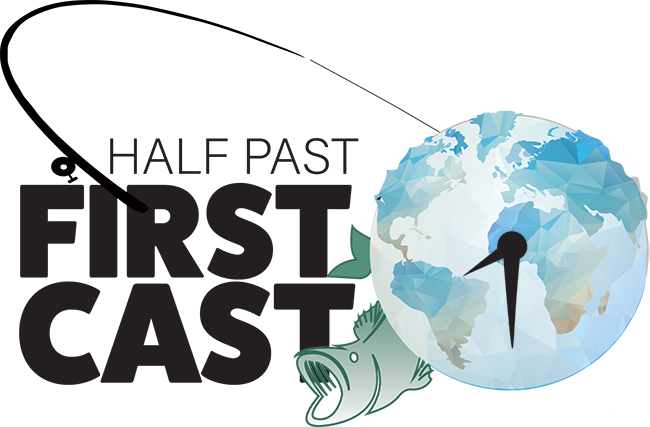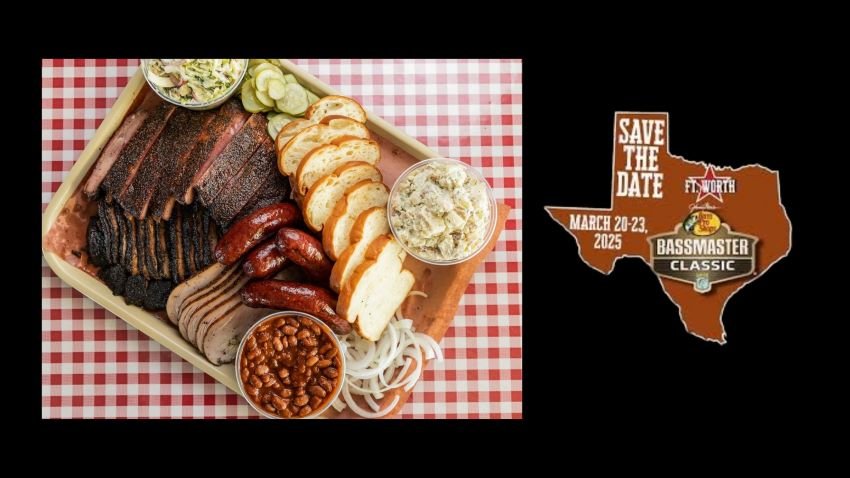Four Travel Lessons I Learned From Tournament Fishing
From my mid-20s into my mid-30s, tournament fishing was all that I really cared about. I was never going to be a great technician or competitor, and I had no illusions that I’d one day be on tour, but I put in enough effort that there were occasional spurts of success. That kept me coming back. It didn’t matter if we were fishing a parking lot mud puddle on a 28 degree February day, I was all-in on the process.
Eventually, I stopped caring so much. I didn’t want to be there when it sucked. Furthermore, with limited time off from work and the opportunity to travel, I was more concerned with being on the best fisheries at the best times. Competition didn’t matter so much. Expanding my horizons took its place. Nevertheless, I’m exceptionally thankful that I had those years of preparation and competing. They made me the angler that I am today. Even though fishing travel now scratches the itch that once got handled through tournaments, I still think that those formative fishing years molded me for the better.
Here are four lessons that are ingrained in my skull thanks to all of that early time on the water and on the road:
“Some Asshole Always Catches Them”
That’s a direct quotation from my fishing mentor Bill Roberts, and it’s true. On tournament day, it could be raining sideways, sleeting, 110 degrees, with adverse conditions on top of that to make the bite tough. You were proud of your two hard-earned fish, or the fact that you’d scraped together a limit of midgets. You figured you might even slip into the check line – and at weigh-in someone showed up with a monster bag. Or several someones. There are explanations for not catching them, but no excuses. In travel, you’re assumedly heading someplace that is known for exceptional fishing. Conditions may conspire against you to make it tougher-than-expected, but the fish are still there. You want to be the asshole who catches them. There’s no reason you shouldn’t be the asshole who gets stuff done.
The Ability to Fish With Just About Anyone
I know that a lot of tournament anglers exclusively fish team tournaments, or with a small cadre of consistent partners. My bass club had a random draw for each tournament, and when possible we endeavored not to pair up two given anglers twice in a season (it wasn’t always possible, but we worked at it). I also fished a lot of Federation events with random draws, as well as participating as a co-angler in various BASS and FLW tournaments. This is extremely valuable from a learning perspective, because if you’re at all smart you’ll watch what your partner is doing – what works and what doesn’t – and carry those lessons forward. Furthermore, it enables you to get along or at least tolerate anyone for a full day. Think about it – you’re on a bass boat, you cannot get more than 20 feet away from this person for eight hours. They may be despicable. They may have strongly-held opinions that vary 180 degrees from your own. They may never shut the hell up. Despite those impediments you still have to perform. It teaches you to shut out distractions and to work to get the best out of anyone. When we started leading groups to El Salto and Hanna got to fish with new friends, she was often very nervous about how they’d behave or what they’d think of her skills. I was already past that – and now whether I’m on a bass boat, a center console, a sportfisherman or wading an Alaskan stream, I can generally get the best out of my partners’ company while avoiding the worst aspects of their personalities.
The Clock is Always Ticking on the Bite
While most of my days on the water now are not strictly timed – I start when I want and quit when I want – having fished under the gun of an eight hour tournament day helped me to value efficiency. Take your time off the water, when the bite’s not fleeting, to take care of maintenance and preparation. That’s why I appreciate the mates on the boats at Casa Vieja Lodge, who spend the ride out to the fishing grounds testing drags, rigging up baits and making sure that everything’s ready to go. When we arrive, I know our gear is solid. On the flip side, we recently fished with a guide on another trip who didn’t have extra rigs ready to go. When we’d break off or need to retie, he had to start from scratch – and making it worse he was a talker who couldn’t talk and tie things at the same time. Even if you’re out fun fishing, there are always timing elements that come into play: they could be low light conditions, a preferred tidal phase, cloud cover, or feeding windows, but they all mean that if you unnecessarily take too much time you’re hurting yourself and your chances of success. In the words of legendary basketball coach John Wooden, “Be quick but don’t hurry.”
As Long as There’s Time on the Clock, There’s a Chance
While waning daylight hours, a changing tide, and other factors mean that the clock is not always your friend, as long as you’re still on the water there’s a chance to improve your situation. Hanna’s heard me say it a hundred times: “What would one more 3-pounder every day have done for my season?” Staring at an empty or underfilled livewell late in the day, I’d focus on catching that one more fish. It might not have helped me win, but it often salvaged some critical points. I’ve seen so many talented fishermen get discouraged or lackadaisical late in the day and miss those opportunities. That’s when you need to really focus, in tournament and during travel. On our first trip to St. Clair, after nearly two full days of half-assed follows, I caught my first muskie on “one last stop.” At Casa Vieja in 2022, Captain Nicho played a hunch and made a long run near the end of the day that pushed us from almost no sailfish up into double digits. Once you’re home from the trip, you can’t make those things happen, so why not really be present for the entirety of the time that you’re there?






